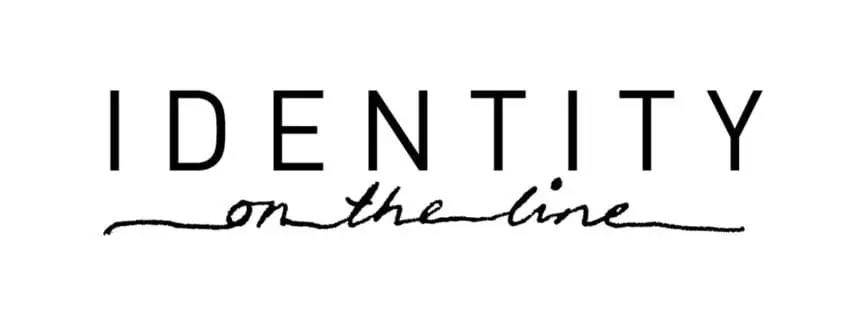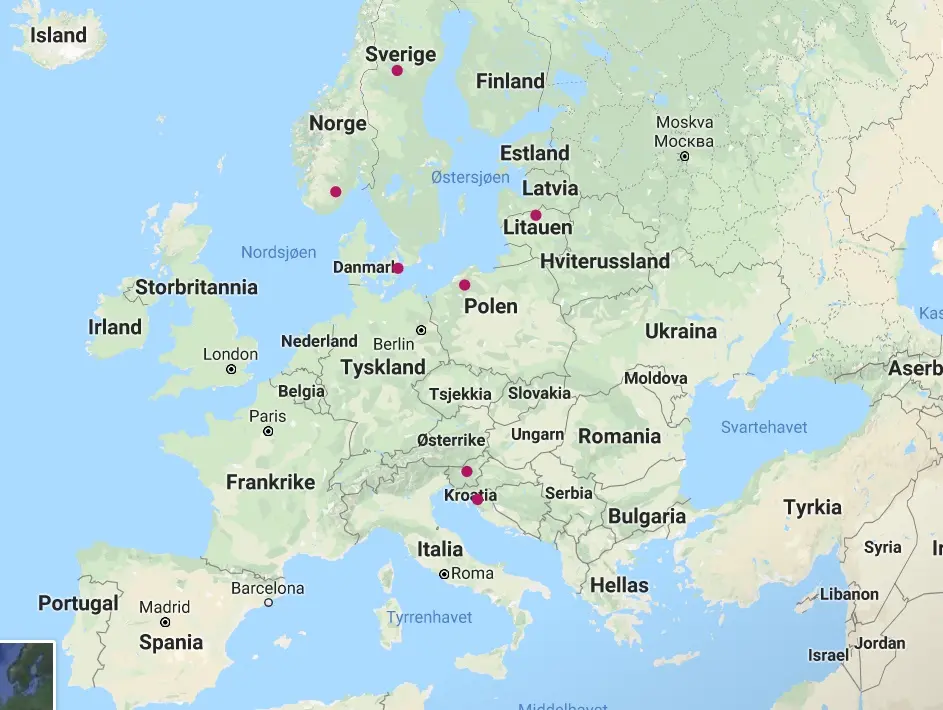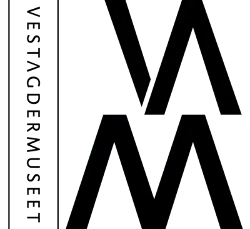I dag kom den gledelige nyheten om at Creative Europe støtter det spennende internasjonale samarbeidsprosjektet Identity on the Line. Vest-Agder-museet vil her fungere som Lead Partner og har i tillegg et eget delprosjekt på lik linje med våre partnere i Sverige, Danmark, Polen, Litauen, Slovenia og Kroatia.
Prosjektet handler om syv ulike migrasjonsprosesser som har funnet sted i forskjellige europeiske land i løpet av de siste 100 årene, og ansatte fra syv museer og to universiteter vil intervjue tidligere migranter og deres etterkommere. Det innsamlede materialet vil bli brukt i utstillinger i de respektive landene, og resultatene vil bli sammenfattet og formidlet gjennom en felles vandreutstilling i Europa, publikasjoner, skoleopplegg for elever i alle land og workshops for museumsansatte. 19 large-scale cooperation projects har fått midler fra Creative Europe, og «Identity on the Line» er ett av dem. Prosjektet ble støttet med totalt 1.281.601 EUR.
Våre partnere er Universitetet i Agder, Knud Rasmussens Hus i Danmark, Ajtte – Fjäll- och Samemuseum i Sverige, Museum of Middle Pomerania i Polen, University of Vilnius i Litauen, National Museum of Contemporary History i Slovenia og Ethnographic Museum of Istria i Kroatia. Sammen skal vi jobbe frem gode måter å samle inn og videreformidle de sensitive historiene som fortsatt finnes i samfunnene og bruke dem for å illustrere migrasjonsprosessenes langtidskonsekvenser. Prosjektets tittel: Identity on the Line. Museal facilitation of sensitive cultural heritage as a groundwork for better integration in Europe viser til ett av våre hovedmål: å bruke erfaringer fra historiske hendelser for å gjøre dagens samfunn bedre.
Prosjektet starter opp i august 2019 og vil vare i fire år.
Engelsk sammenfatning:
Identity on the Line (I-ON) is a large-scale cooperation project between six cultural history museums and two universities, working together to explore the long-term consequences of different migration processes, forced or voluntary, which took place in Europe over the last 100 years. Through the collection and dissemination of experiences from former migrants and their descendants, summarized and placed in factual historical contexts, we will unfold and transmit common features of migration from past to future generations. Our priority is to reinforce the sense of belonging to a common European space to contemporary migrants, to those who have settled and their hosting communities.
Transnational cooperation, the circulation of cultural works and players, is assured by a broad cooperation between museums in Norway, Sweden, Denmark, Poland, Lithuania, Slovenia and Croatia. Starting with similar approaches and using the same methods, each museum will work on one important migration process in its country by collecting and facilitating sensitive narratives in local exhibitions and uncovering challenges which have not been addressed before. The main findings and common features will be summarized and made available as a joint travel exhibition within Europe and a digital package, free to download. The working process initiates interaction between partners and other professionals, aiming at skill transfer, the anchoring of successful methods among colleagues, as well as developing toolkits and school packages.
Audience development will be provided through extended cooperation with and dissemination to defined target groups, including children, young people and under-represented groups, which former migrants are a part of. Using comprehensive dissemination methods on local, national and international levels, the project will contribute to increased mutual understanding among people in Europe with similar experiences regardless of time, place or event. Hereby, the importance and urgency of a positive and effective social integration of migrants will be demonstrated.
Mer informasjon om prosjektet legges ut snart. Ved spørsmål kontakt prosjektleder Kathrin Pabst her.


